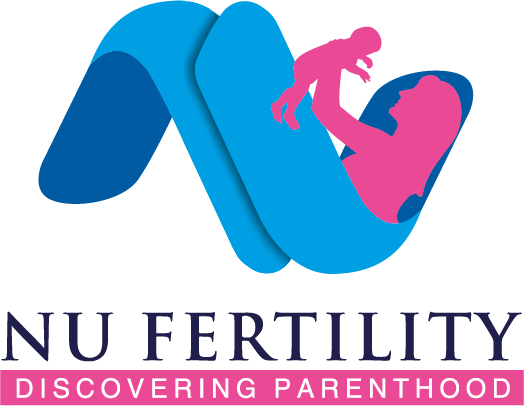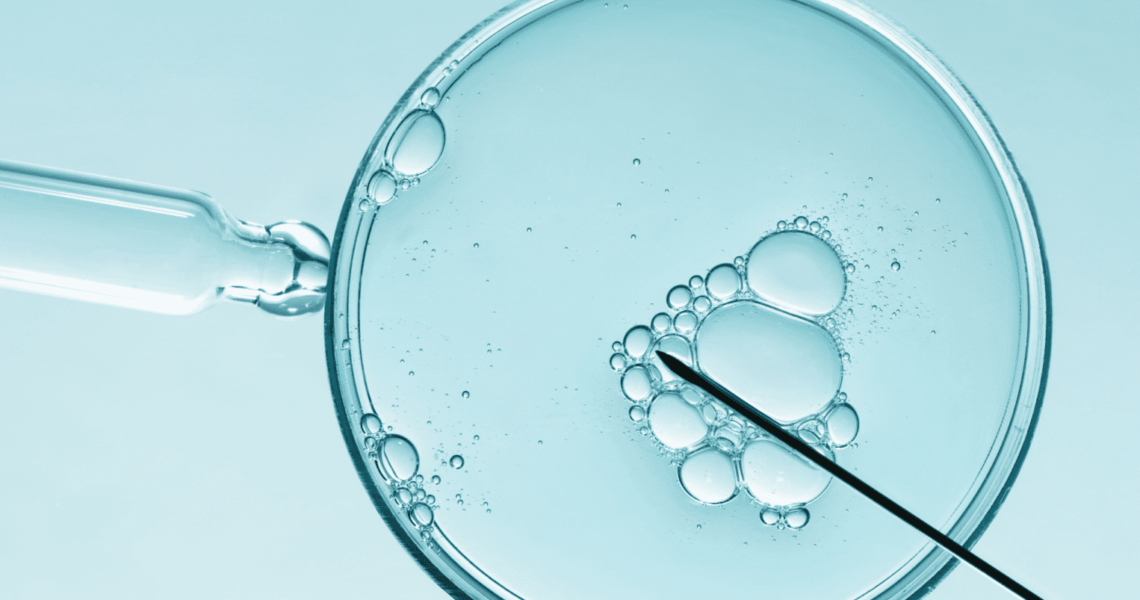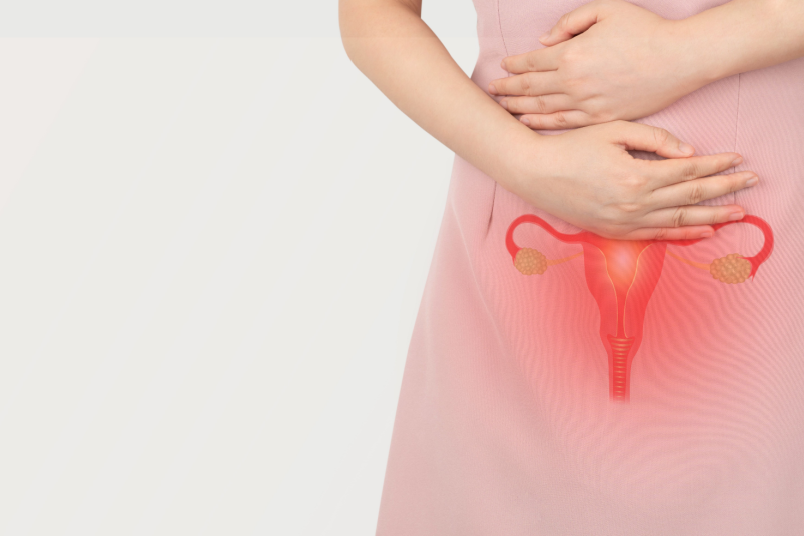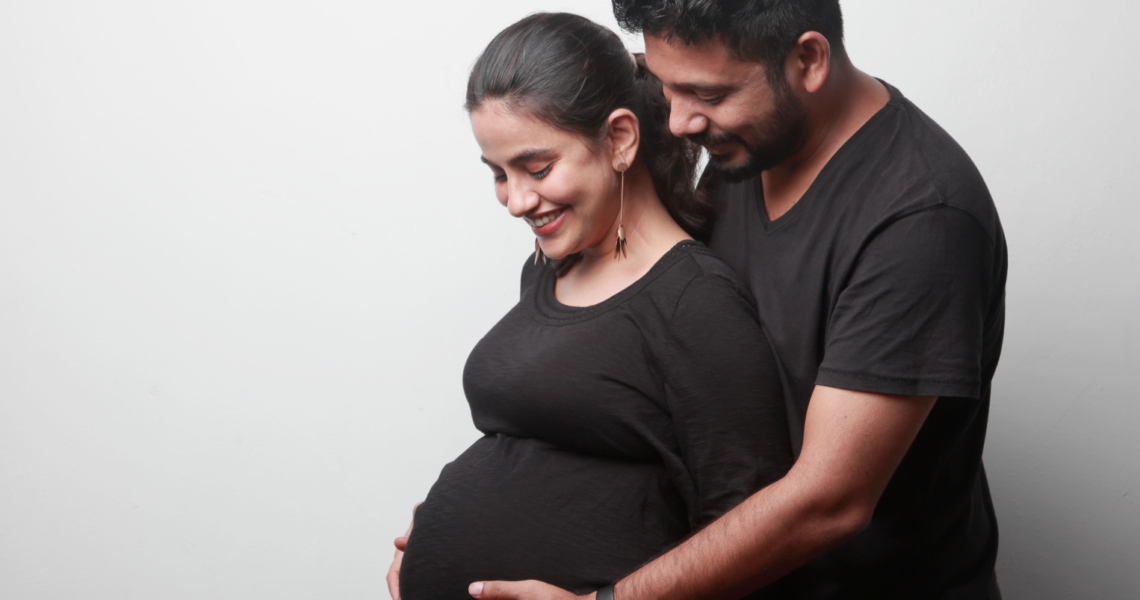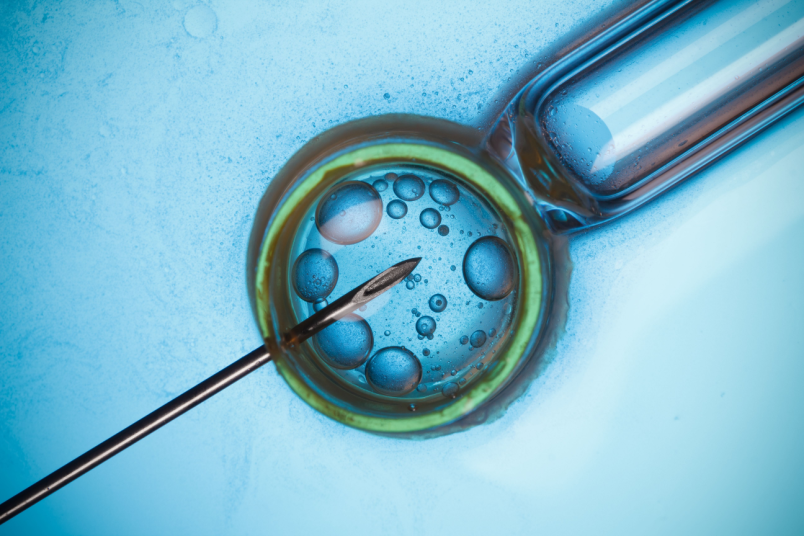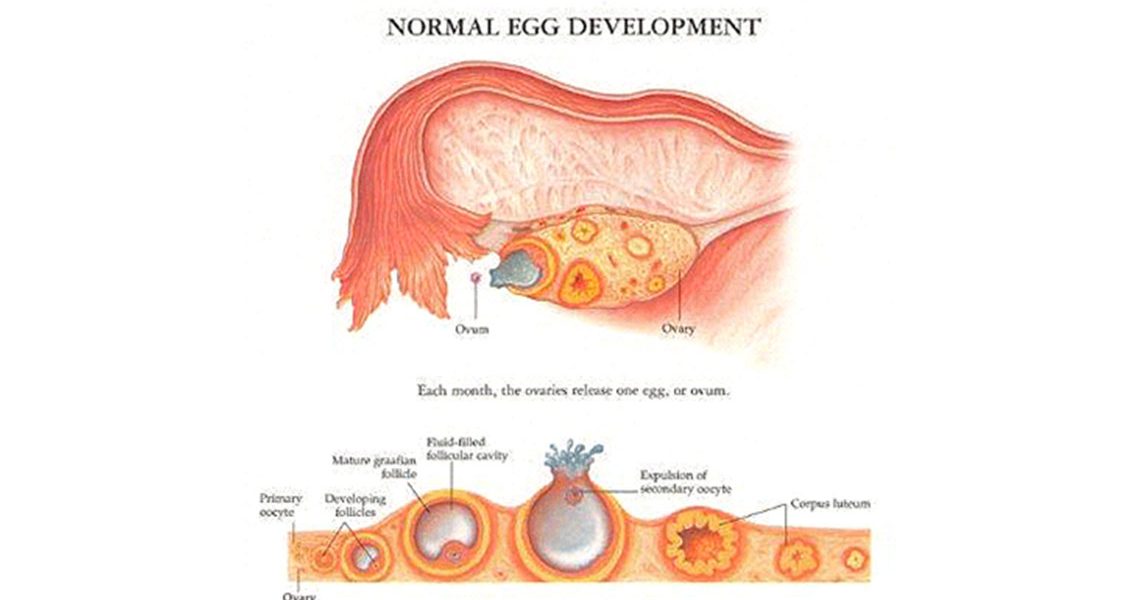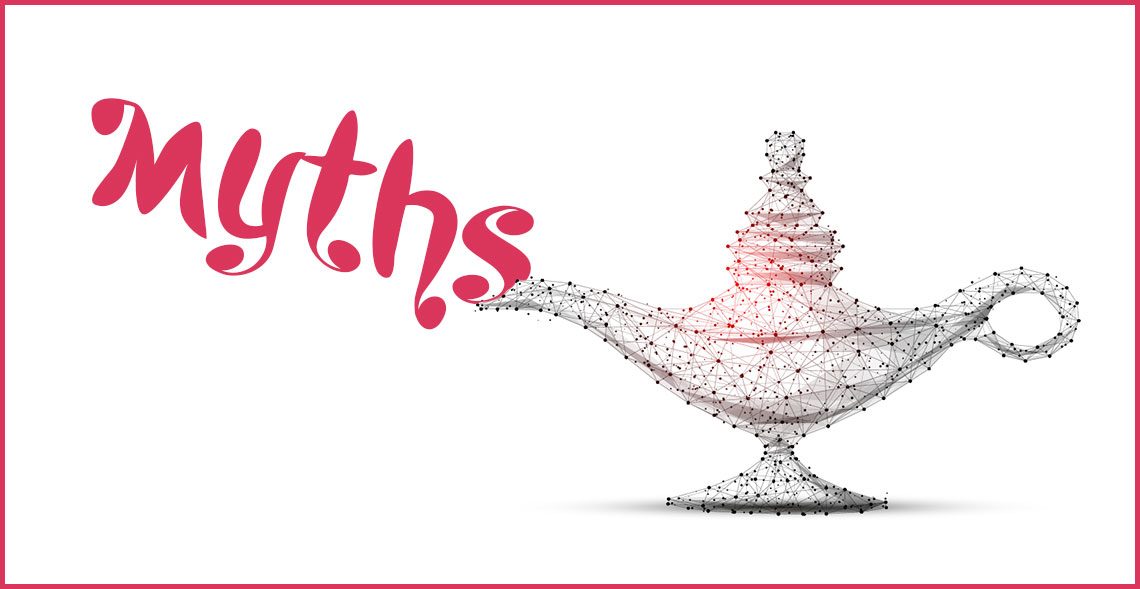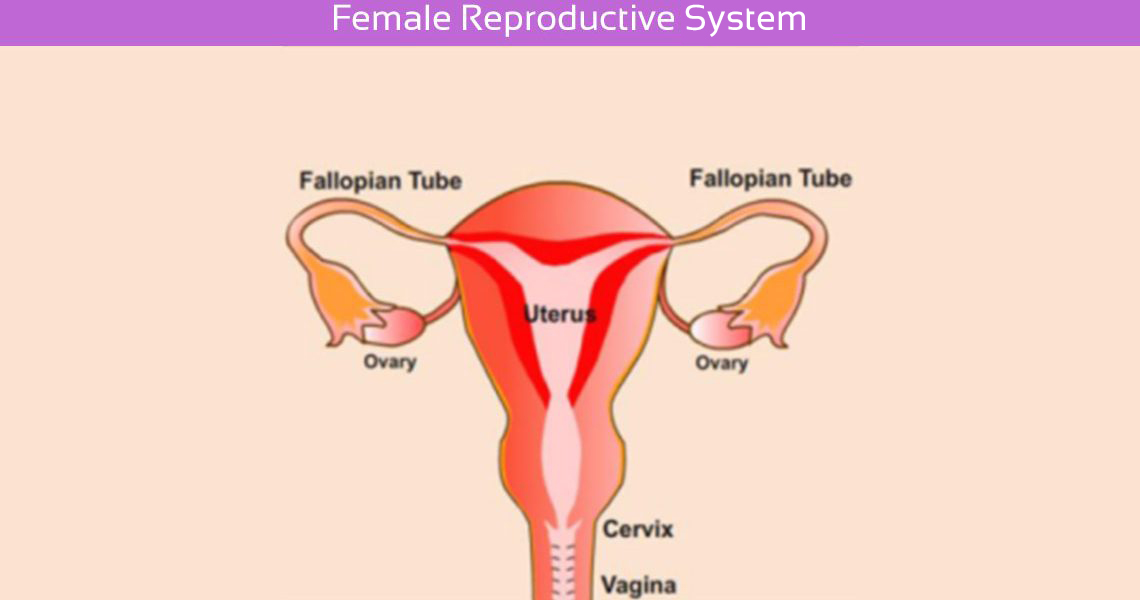In vitro fertilization (IVF) is a procedure in which an egg and sperm are combined outside the body in a laboratory dish. The fertilized egg (embryo) is then transferred into the uterus to establish a pregnancy. IVF is often used when other fertility treatments have failed, and it can assist couples with various reproductive challenges. IVF has helped many individuals and couples overcome infertility, offering a pathway to parenthood by facilitating conception through advanced reproductive technology (ART).
pcos
ERA Test for Repeated Failure of Pregnancy
Endometrial Receptivity Analysis or ERA test is a test used to assess the uterine lining receptivity in women who have experienced multiple unsuccessful attempts to conceive. By analyzing the optimal time with maximum chances of embryo implantation during IVF,, this test can help to determine the optimal timing for embryo transfer, thus increasing the likelihood of successful pregnancy in women with recurrent miscarriage.
From Sudden Halt In Periods To Assured Pregnancy at NU Fertility
In this case study, we witness a case of a 33-year-old woman who despite having a birth defect, was still able to conceive. Surgical removal of the defect almost stopped her menstrual cycle. Later, she was counseled for fertility treatment and after undergoing it, she cherished the much-desired pregnancy.
FAILED IVF: Reasons and What to Do Next?
In-vitro fertilization is the process of fertilization where an egg is combined with a sperm under in vitro or laboratory conditions. This technique is a boon for all those childless couples who have failed to conceive and give birth to a baby through the natural process. IVF is especially beneficial in case of PCOS, blocked uterine tubes, fibroids, endometriosis, low ovarian reserve, and poor egg or sperm health. However, sometimes this procedure may not work out as planned and result in a failed IVF.
5 Ways Laparoscopic Surgery Can Help with Infertility
Infertility is defined as the inability to conceive despite having one year of unprotected, regular intercourse. Women may face infertility issues due to various reasons, including ovulation disorders, tubal infections, cervical and uterine complications, and endometriosis. In males, it is predominantly due to decreased sperm count or motility. With timely diagnosis and treatment, there is hope for couples who have infertility issues to still conceive.
Questions and Answeres About Ovulation Induction
What is ovulation?
Usually each month one ovary will be stimulated by hormones produced in the brain. These cause a small cyst or follicle to grow on the ovary in which an egg develops. Another hormone then causes the follicle to release one egg to travel down the fallopian tube where it can be fertilized by the sperm which swims up from the vagina. This usually occurs around 14 days after the beginning of a period but can vary between 11 – 16 days.
Myths about Infertility
Myth 01: Infertility is rare.
Infertility can affect women of any age and from any background. In fact, approximately one out of every seven couples trying to conceive today experience difficulties with infertility. The Centers for Disease Control and Prevention (CDC) reports that 12 percent of women in the U.S. ages 15 to 44 have difficulty getting pregnant or carrying a pregnancy to term. That’s nearly one in five women in the U.S. So it’s likely that you know someone struggling with infertility, whether they choose to share it or not.
- 1
- 2
